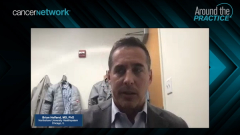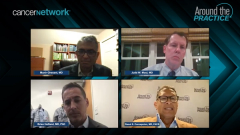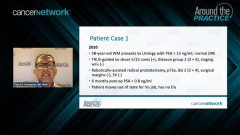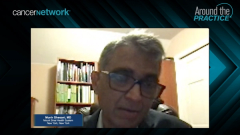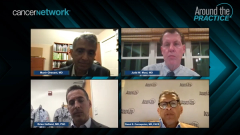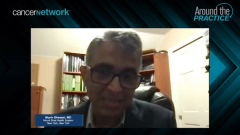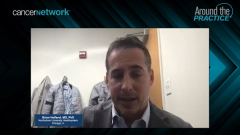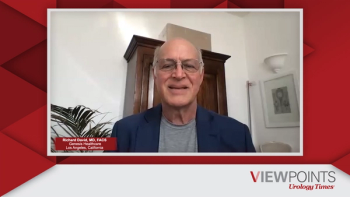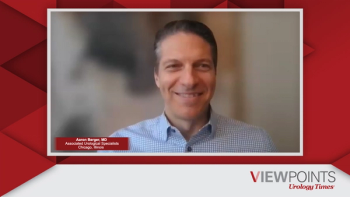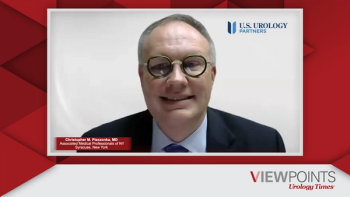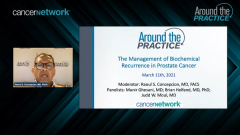
Rate of BCR in Prostate Cancer
Dr Raoul Concepcion leads a panel of experts in prostate cancer in setting the stage for case-based discussions of biochemical recurrence.
Episodes in this series

Raoul S. Concepcion, MD, FACS: Good evening. Welcome to this Cancer Network® presentation titled, “Around the Practice.” Our emphasis tonight is going to be on the biochemical recurrence in the patient with prostate cancer. I’m Raoul Concepcion. I’m a urologist in Nashville, Tennessee. Joining me tonight is Dr Brian Helfand, chief of urology at NorthShore University HealthSystem, and associate professor at the University of Chicago in Illinois; Dr Munir Ghesani, chief of nuclear medicine at Mount Sinai Health System, and associate professor of radiology at the Icahn School of Medicine at Mount Sinai in New York City; and my friend, Dr Judd Moul, urologist at the Duke Cancer Center in Durham, North Carolina.
Thanks everybody for joining us tonight. As I said in my introduction, we’re going to discuss the significance of biochemical recurrence, BCR, elevated PSA [prostate-specific antigen]—all of those are synonymous terms—after definitive therapy for prostate cancer, and the management issues associated with these patients. We’re also going to review 2 patient cases and involve our audience by using an interactive online platform to answer several polling questions that will then be discussed by our distinguished panelists. Let’s go ahead and start
Polling question 1: What is your impression of the [percentage] estimate of patients who have been definitively treated for prostate cancer, either with radiation or surgery, who will subsequently develop a biochemical recurrence or a rising PSA? Is it less than 10%; is it 10% to 30%; is it 30% to 50%? Or is it greater than 50%? Go ahead, and we’ll start the polling. For the urologists in the audience and for Dr Moul and Dr Helfand, as well as probably Dr Ghesani, to some degree, this is a common challenge we all face when we’re dealing with patients who have definitively been treated. As you all know, everybody is concentrating on their PSA values. I’m looking at the answers here in the polls, and about 20% of the audience says less than 10%; 20% say 10% to 30%; we have 2 votes of 30% to 50%, and we have 1 vote of greater than 50%.
Judd, I’m going to let you answer polling question 1. In your mind, what percentage of patients who undergo definitive therapy, whether it’s radical prostatectomy surgery or radiation, generally what is the accepted number out there that’s ultimately going to have a biochemical recurrence?
Judd W. Moul, MD: In the review articles that have been written, it’s about anywhere from one-third to 50%. I agree with the audience in the answer 30% to 50%.
Transcript edited for clarity.
Newsletter
Stay current with the latest urology news and practice-changing insights — sign up now for the essential updates every urologist needs.


